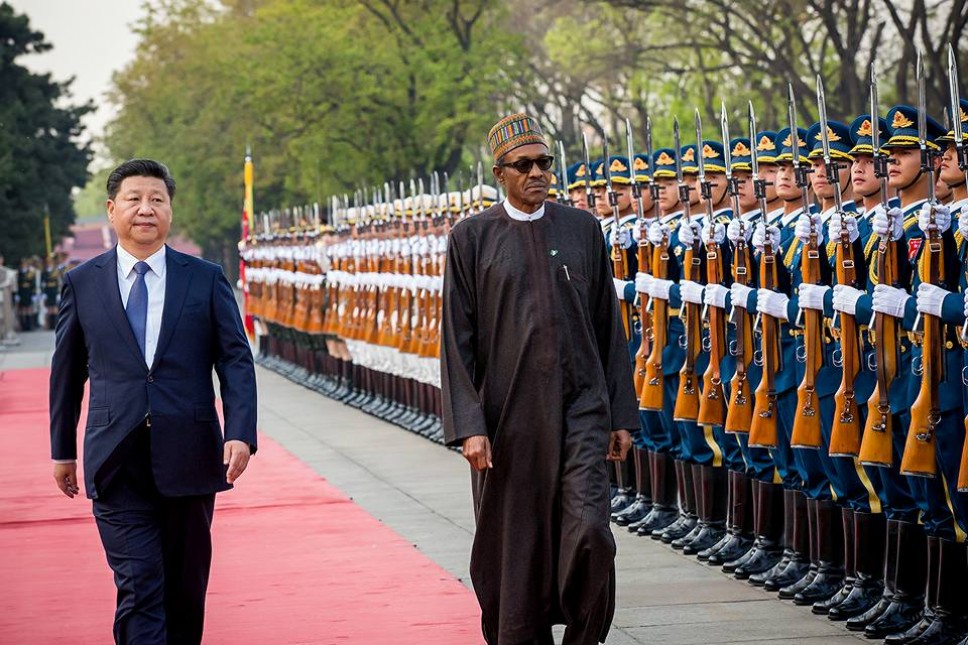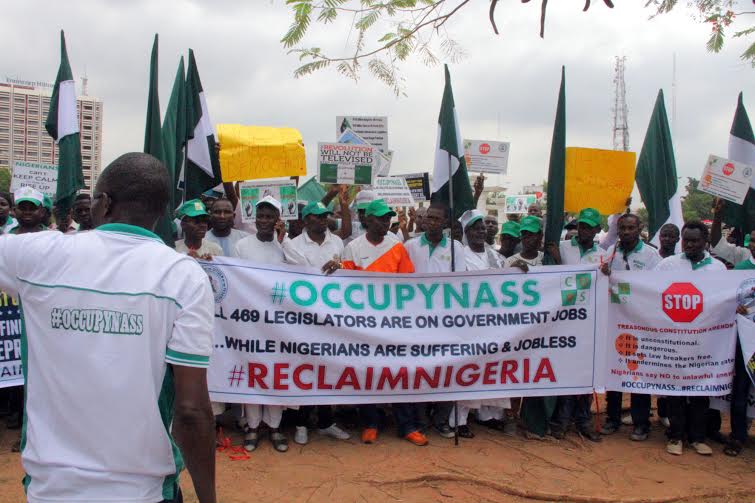BY MATHEW ADEDAYO
Until the Nigerian government changes its approach to Public-Private Partnership (PPP) and learns to respect the agreements they sign and the rule of law, the country’s infrastructure may continue to languish in the quagmire of decay and dereliction.
All over the world, concession is seen as a means of reducing the deficit in infrastructural provision engendered by the disproportionate growth in population and the available resources for national development.
Since government can hardly do it alone, private investors have to come in. This is tagged PPP. As it is in other developed economies where concessioning has become part of government policies, so it is supposed to be in Nigeria. However, the reverse is the case, with several attempts at concessioning public infrastructure thwarted by government officials, who after inking agreement papers, renege on such agreements in apparent demonstration of lawlessness and ignorance on the modus operandi of concessions.
Advertisement
Since various administrations made veiled attempts at concessioning some public utilities which were eventually truncated by their own officials appearing not to share the vision of the government, Nigeria seems to have been perpetually marooned in infrastructure deficit. Even those concessions that appeared to have been successfully executed have been swimming in the ocean of controversies, which is detrimental to our national psyche.
In fact, in situations where the concessionaire and the concessioner successfully reach an agreement, workers of such government utility that is being mismanaged have always embarked on bitter protest because of the fear of job cuts. So, in this clime, concessions appear to have been jinxed.
For instance, the process for Nigeria’s seaports concession started in 2000 and was completed in May 2006, when the Ro-Ro Terminal at the Tin Can Island Port, Lagos was handed over to Five-Star Logistics Limited. Although it was one of the successfully completed concessions which gained global credibility because of the passionate involvement of the World Bank, Messrs CPCS Transcom of Canada and Messrs Royal Haskonig of Holland, this success did not just come on a platter of gold, as the Nigerian Ports Authority (NPA) workers who turned the ports to nests of corruption before the concession and some other stakeholders kicked and engaged the Federal Government in sustained battle over their entitlements and other compensations
Advertisement
Then, there were various concessions in the aviation industry, which either never saw the light of day or which were completed amidst controversy. The case of the Federal Airports Authority of Nigeria (FAAN) and Maevis Nigeria Limited to shore up the authority’s revenue base through the Airport Operations Management System (AOMS) is a classic case of a concession gone awry.
In it, FAAN, using all the weapons in its arsenal and the might of a federal agency, messed up the concession, even after Maevis had invested millions of naira to buy and install equipment for the job.
Officials of the government agency went to eject the officials of Maevis from the Murtala Muhammed International Airport (MMIA), Lagos, after being floored in court. This was an act done to deliberately frustrate the concession.
The same FAAN engaged AIC Hotels Limited in a battle of wits over a parcel of land leased to the company to build an international hotel around MMIA under a concession agreement in 1998. Officials of FAAN went physical with those of AIC just to recover the land from the company. In fact, they chased away the company’s workers from the land and seized some of their tools.
Advertisement
There is one concession that has remained the most controversial of all till date. That is the Murtala Muhammed Airport Terminal Two (MMA2) between FAAN and Bi-Courtney Aviation Services Limited (BASL) signed on April 24, 2003. It must be said that MMA2 remains the first successfully executed concession in the country, as the terminal began operations on May 27, 2007. The concession has witnessed the highest number of court cases, all won by the concessionaire.
Despite all this, FAAN appears to have remained unreceptive to the participation of the private sector, as it has consistently reneged on all the agreements it signed with the concessionaire of MMA2. For instance, the authority has taken over the GAT, which the concessionaire said was part of its concession, and has been earning revenue from there, despite the reaffirmation through various judgements of BASL’s claims by both the Federal High Court and the Court of Appeal.
There was also the Lekki-Epe Expressway concession between the Lagos State Government and Lekki Concession Company Limited (LCCL) for the rehabilitation and upgrade of the 50 kilometres expressway under a Build, Operate and Transfer (BOT) agreement. The project is trailed by controversy both in the court of law and outside it because LCCL only built less than 10 kilometres of the road and tolled it to raise funds for its completion. Many stakeholders are kicking against such action, describing it as a trick. They are also insisting, rightly, that an alternative un-tolled road must be built for those who don’t want to pay toll, as is the practice in other countries.
Besides, there is a raging controversy over the Lagos-Ibadan Expressway concession between Messrs Bi-Courtney Highway Services Limited (BCHSL) and the Federal Government, signed by the Olusegun Obasanjo administration. The concession, which was eventually terminated by the Goodluck Jonathan administration in November 2013, has attracted court cases between the concessionaire and the concessioner. Even as the government tried to scupper the whole arrangement by re-concessioning the project to another company, the controversy rages on.
Advertisement
Even in light of these controversies, the Federal Government has not stopped tinkering with the idea of concession because of its benefits, as it has announced that it is ready to concession four international airports for better management. They include; the Murtala Muhammed Airport, Lagos Nnamdi Azikwe Airport, Abuja, Port Harcourt Airport and Aminu Kano Airport, Kano. My major fear is the sustainability of these projects.
Although the Infrastructure Concessioning Regulatory Commission (ICRC) has estimated that the Federal Government must spend about N2.25 trillion annually for many years in order to reduce the infrastructure deficit facing the country, the current attitude of government officials to concessioning may not make this realisable.
Advertisement
Countries in Europe and America have since embraced PPP, and they are better for it today. Many developing countries are also embracing the model because of its numerous advantages. In fact, the Jamaican government published the initial PPP Policy documents, popularly called PPP3, in 2012, which has led to the government divesting its large interests from the Sangster International Airport, Highway 2000, and the government-owned sugar factories and estates. In process are the Kingston Container Terminal and the Norman Manley International Airport, both in Jamaica.
Besides, a Nigerian, Adebayo Ogunlesi, who owns Global Infrastructure Partners (GIP), a private-equity firm, operates the London Gatwick Airport today, and the British Government has given him full cooperation to operate freely. GIP, which manages about $18.7 billion, led the acquisition of Gatwick Airport Limited and had a stake in Australia’s Port of Brisbane.
Advertisement
In India, despite opposition from the country’s Airports Authority Employees Union (AAEU), the government is going ahead with the privatisation of four more airports, including Chennai, Kolkata, Jaipur and Ahmedabad.
Adedayo, an architect, is based in Benin.
Advertisement
Views expressed by contributors are strictly personal and not of TheCable.
Add a comment






